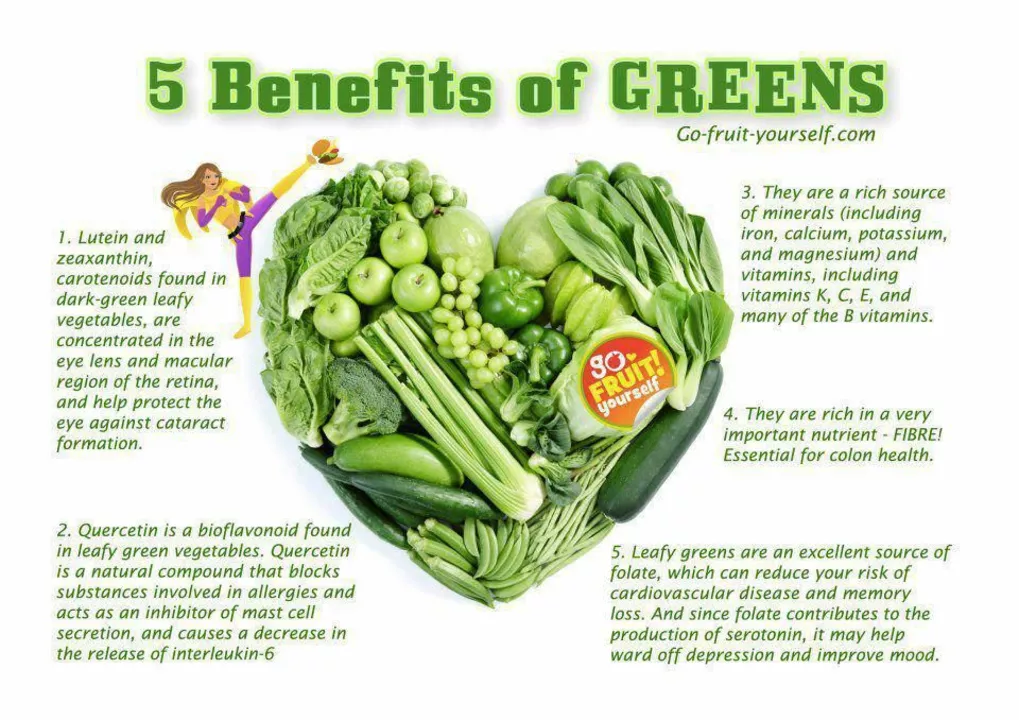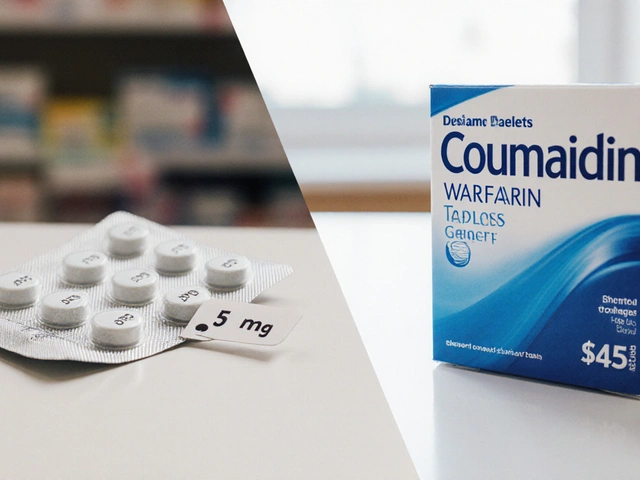Poinsettia dietary supplement: what you should know
Poinsettia is best known as a holiday plant, not a mainstream supplement. Still, you may find products online claiming benefits from poinsettia or related Euphorbia extracts. That makes it worth stopping to check facts, safety, and quality before you buy or try one.
What to know before trying poinsettia supplements
Most commercial poinsettias (Euphorbia pulcherrima) are grown for decoration and contain milky sap that can irritate skin and eyes. Reports of serious poisoning are rare, but pets and small children can get sick if they chew leaves. If a product lists a Euphorbia species, read the Latin name carefully — many traditional remedies use different Euphorbia plants with very different chemistry and risks.
Scientific evidence for health benefits of poinsettia extracts is limited. Some lab studies on other Euphorbia species show anti-inflammatory or antioxidant activity, but that doesn’t translate to proven effects in people. If a supplement page promises to cure disease, that’s a red flag. Herbal extracts can also interact with medicines or worsen conditions, so don’t treat promotional claims as proof.
Allergic reactions and skin irritation are real possibilities. If you’ve had plant sap reactions before, or if you have sensitive skin or respiratory allergies, avoid handling products that contain raw sap or concentrated extracts until you talk to a clinician.
How to choose and use poinsettia products safely
Buy only from reputable brands and stores. Check the label for the exact Latin name, list of other ingredients, concentration or extract ratio, batch number, and an expiration date. Prefer products that show third-party testing seals (USP, NSF, or an independent lab report) and clear contact information for the manufacturer.
Avoid products with vague labels like “poinsettia blend” without specifics or with unrealistic health claims. Start with the lowest recommended dose if you and your clinician agree to try it, and keep a symptom diary for the first two weeks to spot side effects early. If you notice skin rash, stomach upset, breathing problems, or changes in mood or sleep, stop and get medical advice.
Keep poinsettia supplements away from children and pets. Even small amounts of plant material can cause vomiting or irritation in pets, and young children may react differently than adults.
If you’re pregnant, breastfeeding, taking prescription drugs, or have chronic illness, talk with your healthcare provider before trying any Euphorbia or poinsettia product. Your clinician can help weigh uncertain benefits against known risks and possible drug interactions.
Final tip: treat poinsettia supplements like any experimental herb—do basic research, ask questions, and choose transparency over hype. If a product can’t clearly answer where its extract comes from or who tested it, pass on it and look for safer, better-documented options.

In my latest blog post, I've created the ultimate guide to Poinsettia dietary supplements, covering everything you need to know about this incredible plant. From its origins, health benefits, to how to incorporate it into your daily routine, I've got you covered. Poinsettia supplements are gaining popularity due to their antioxidant properties and potential to boost immune health. I dive deep into the research and studies supporting these claims, as well as share some tips on finding high-quality supplements. Don't miss out on this comprehensive guide, and learn how to improve your health with Poinsettia!






